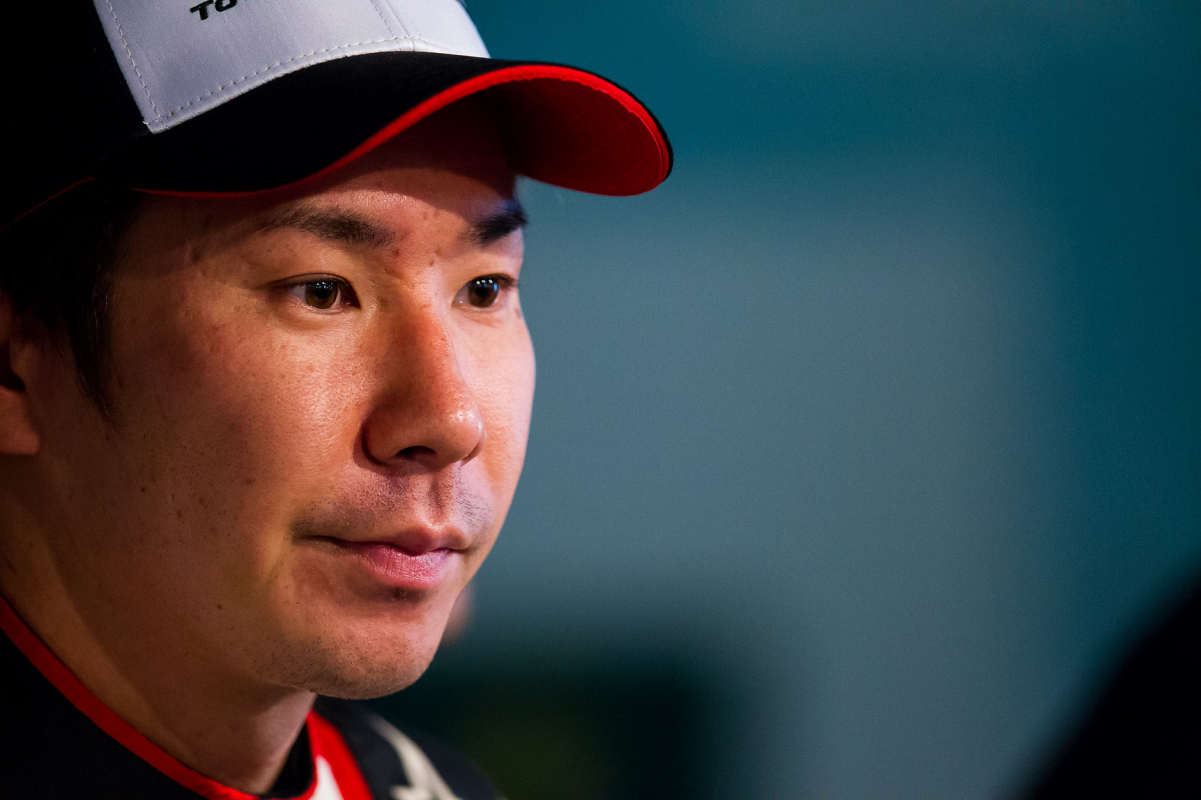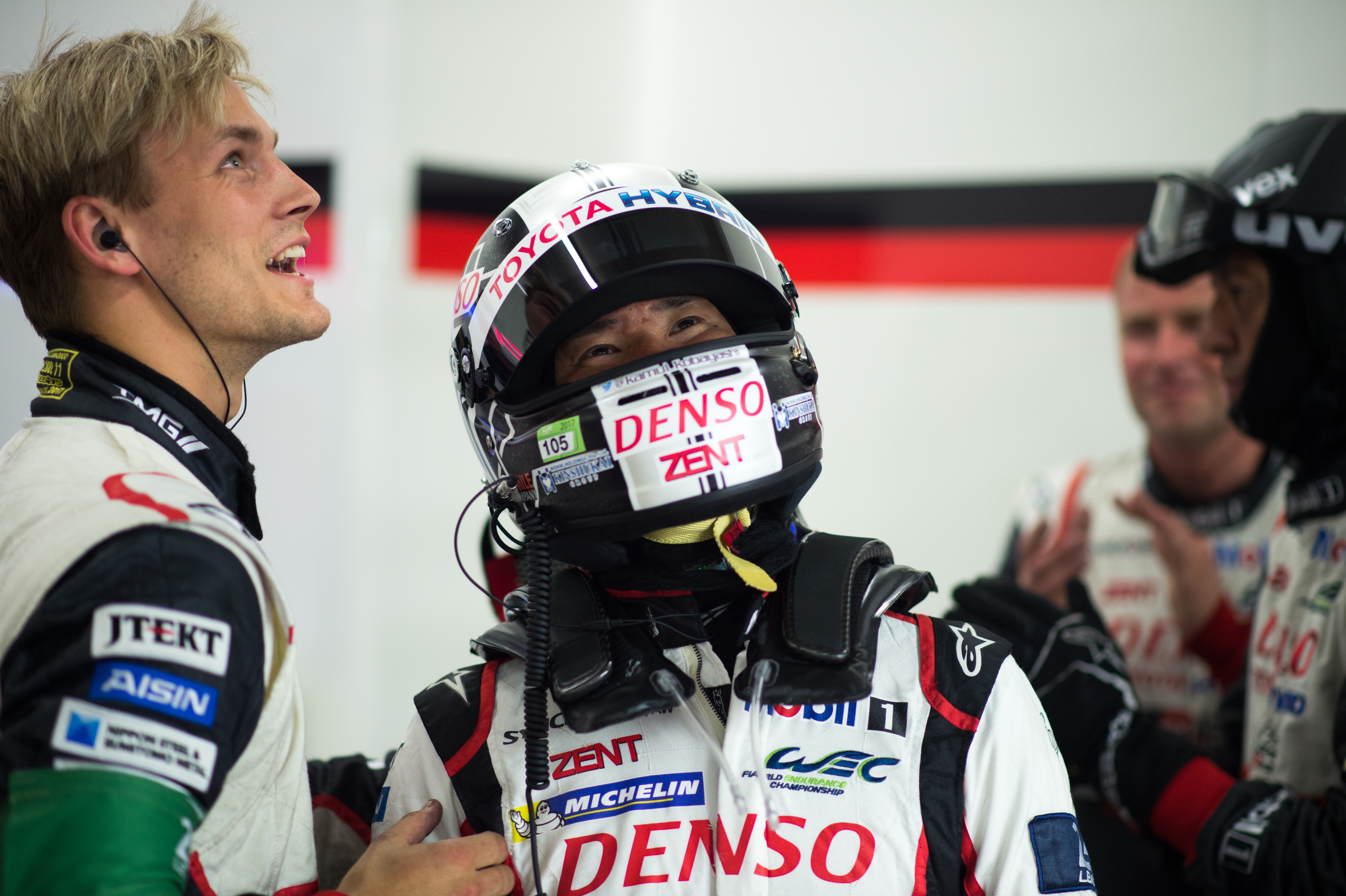
Something of a cult hero in his F1 days thanks to his never-say-die attitude and daredevil overtaking moves on-track, Kamui Kobayashi in more recent times has established himself as one of the elite LMP1 talents in the WEC with Toyota Gazoo Racing.

Did you know, however, that Kobayashi got his first taste of sportscar racing in the LMGTE Pro division of the WEC? He joined the AF Corse Ferrari squad in 2013, pairing up with Toni Vilander, and scored four podium finishes that season.
After one final F1 hurrah in 2014, Kobayashi combined a drive in Super Formula with a Toyota LMP1 test and reserve role in 2015, making him the natural candidate to step up to a full-time drive with the marque that gave him his big break in F1 when Alexander Wurz hung up his helmet.
His first full season at the WEC’s highest level wasn’t all plain sailing – a spin in the latter stages of the 24 Hours of Le Mans was costly in Toyota’s victory challenge – but he was instrumental in delivering his employer a famous win on home soil at Fuji.

Perhaps the 32-year-old’s greatest achievement though was his sensational Le Mans pole lap in 2017. His scintillating time of 3m14.791s at the wheel of the Toyota TS050 HYBRID is likely to stand as the fastest-ever lap of the hallowed Circuit de la Sarthe in its current configuration for some years yet.
That moment was the highlight of an otherwise difficult year for Kobayashi and his teammates, Mike Conway and José María López in the No.7 Toyota; at Fuji this year the trio will definitely be gunning for their first victory since the 2016 edition of the Japanese round.
Boasting a big following both overseas and in his native Japan – he once raised eight million euros by crowdfunding when his place on the F1 grid came under threat – Kobayashi is as popular as he is gifted. But if he hadn’t discovered his talent in go-karting, his life could have been very different.
Instead of dreaming of being a racing driver when he was a child, Kobayashi’s ambition was to become a comedian, but he had to give up that dream because he wasn’t “talented enough”. Had his fledgling racing career fizzled out, he claims he would have most likely become a sushi chef like his father.
In the end, though, the culinary world’s loss was motor racing’s, and the WEC’s especially, gain.